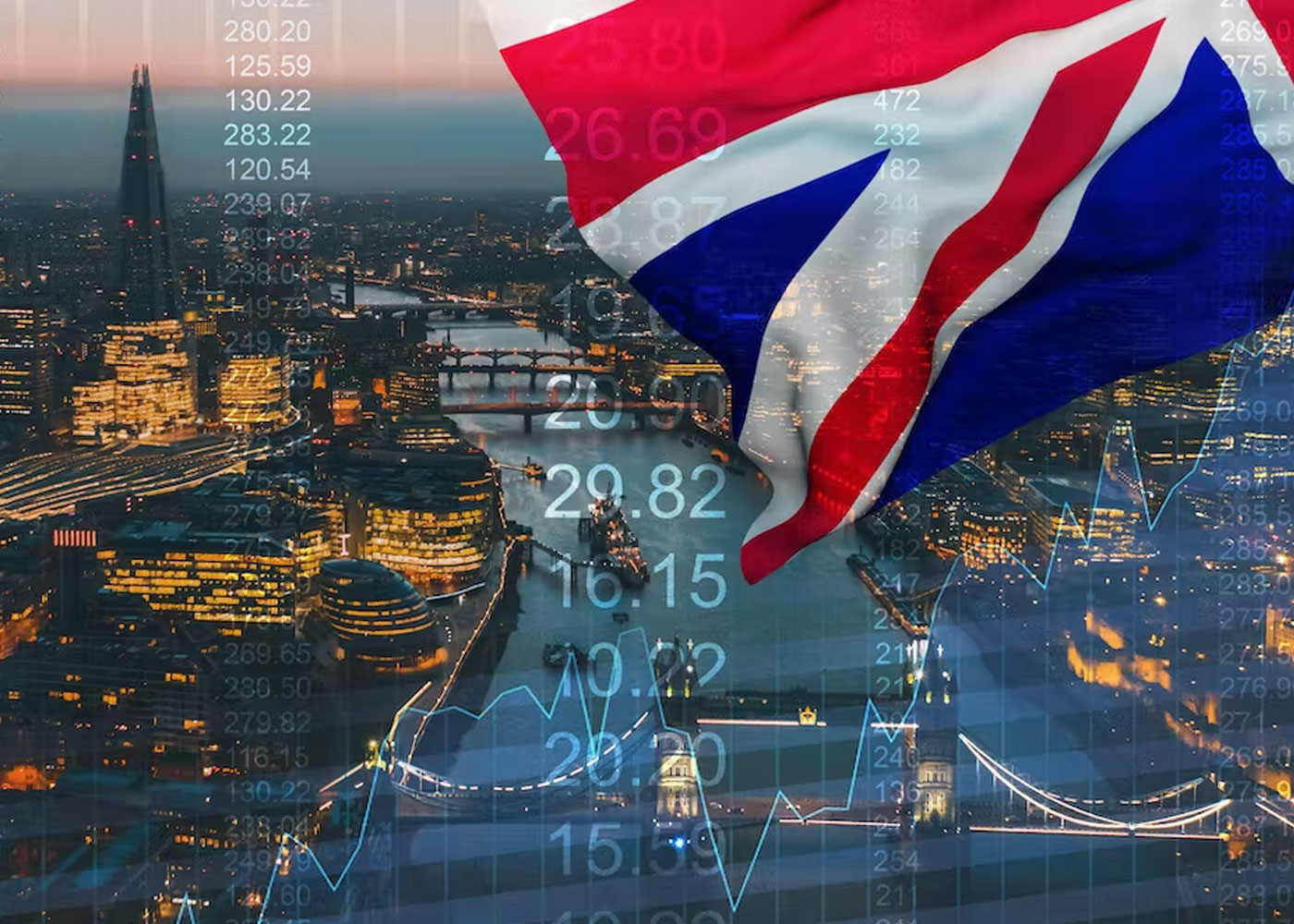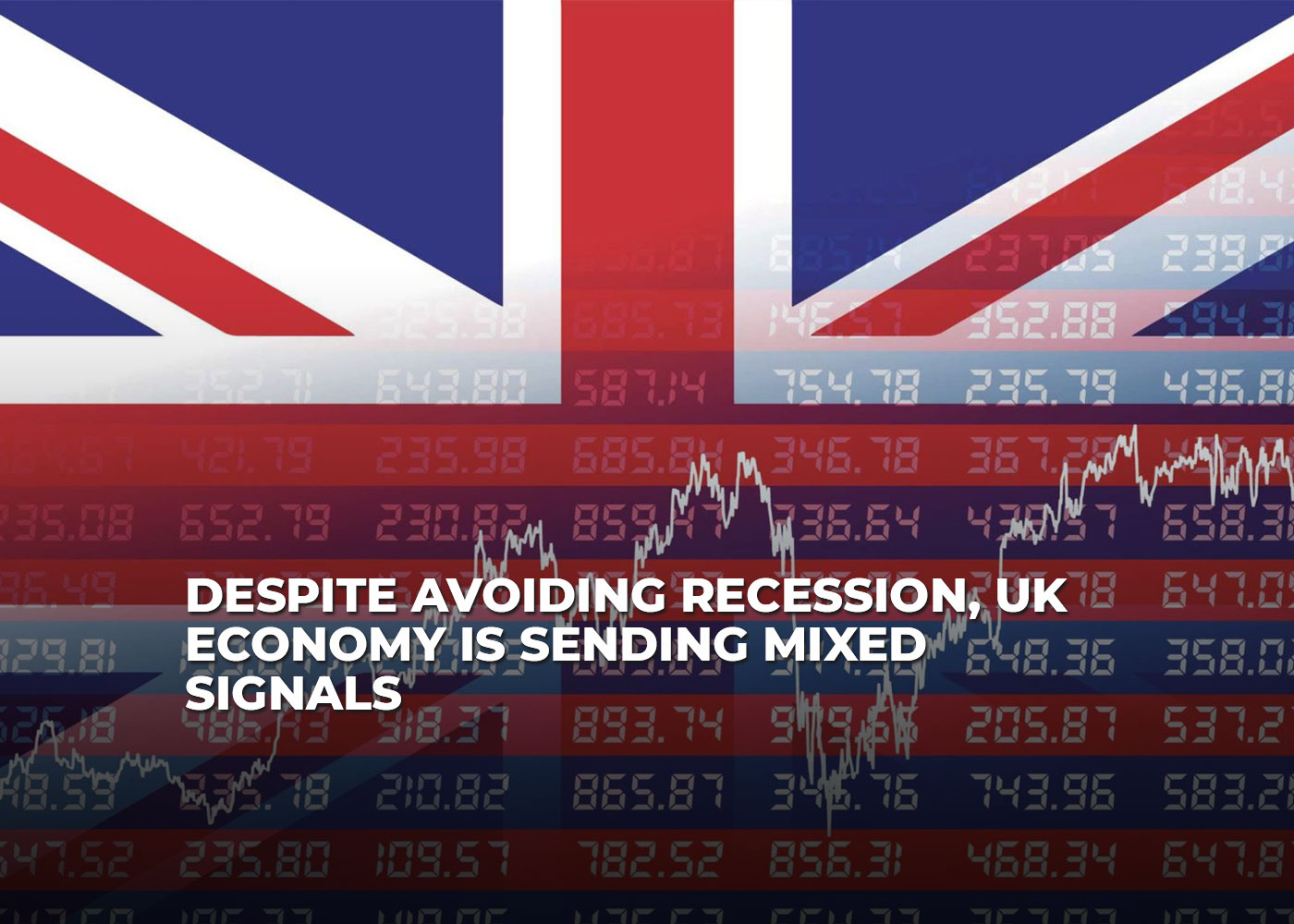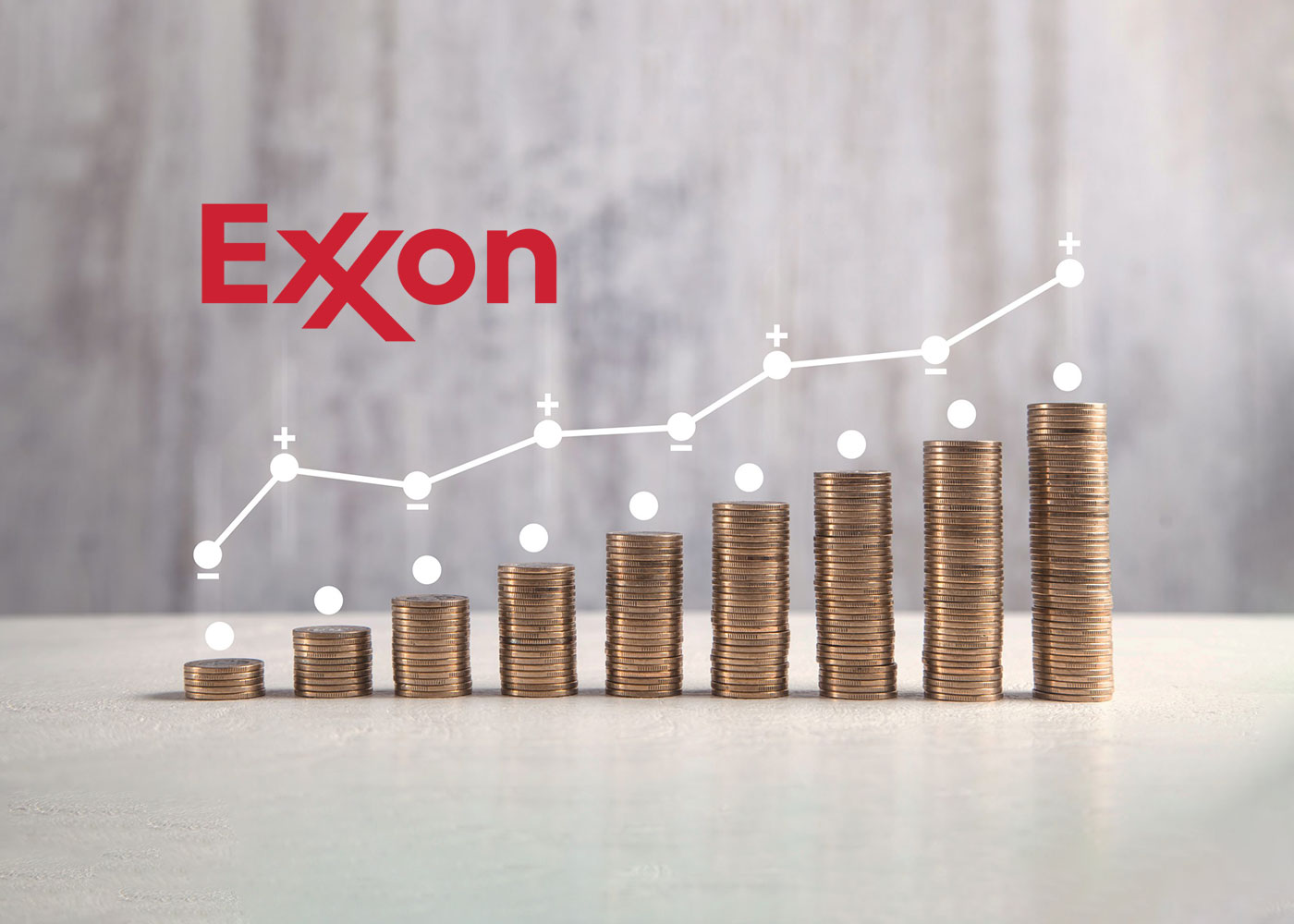
The most recent economic figures created a complex portrait of the British economy, where inflation lowered while a recession was narrowly avoided – through trade and businesses remain troubled. After news that the UK just managed to skirt an economic depression last week (10 February), Chancellor Jeremy Hunt cautioned: “We are not out of danger yet.”
A 0.6% Contraction Is Expected in the UK
According to the Guardian, despite a dip in GDP for December of 20XX, the two months prior saw economic growth that brought Britain’s economy back up to its third-quarter level. The most generally accepted definition of a recession is typically seen as two sequential quarters with a contraction in the gross domestic product. Yet, according to the Office for National Statistics (ONS), this isn’t an official stipulation.
In comparison to the US and EU, the UK economy remains 0.8% lower than its pre-pandemic peak in 2019. The IMF has estimated that while both regions will experience growth this year, Britain’s economic output is predicted to decline by a staggering 0.6%. Such data paints an alarming picture of the state of not just British finances but also those within Europe as a whole – one which requires urgent attention from governments and citizens alike if any recovery is ever going to take place in earnest.
Inflation Is Falling But Not Enough
The Office of National Statistics (ONS) reports that the UK inflation rate has decreased for three consecutive months, falling to 10.1% in January from 10.5% in December. This drop is linked to diminishing fuel prices and dining costs, though remaining well above double digits as reported by BBC News. Grant Fitzner, Chief Economist at ONS, notes that although businesses face slowly rising rates, they remain high.

Despite a slight dip in inflation, it is still considerably higher than the US or Eurozone, and as per forecasts, will remain so due to an acute labor shortage. Earlier this month, the Bank of England announced that there were telltale signs indicating that consumer prices may have reached their peak; simultaneously suggesting they are nearing completion with their interest rate hikes too.
Salary Increases Fall Below Inflation
In the three months to December, UK wage growth surged unexpectedly higher than expected and remained beneath inflation. Statistics from the FT show regular pay climbing at an annual rate of 6.7%, rising up from a revised figure of 6.5% in November. ONS declares this as being the highest regular salary progress since records were initiated back in 2001, with no pandemic period taken into account either! The Economics Observatory uncovered that employment increased by 0.2% to 75.6%, while unemployment rose slightly by 0.1% to 3r%.
You might check: China’s Economic Recovery Is Happening Slower Than Expected






